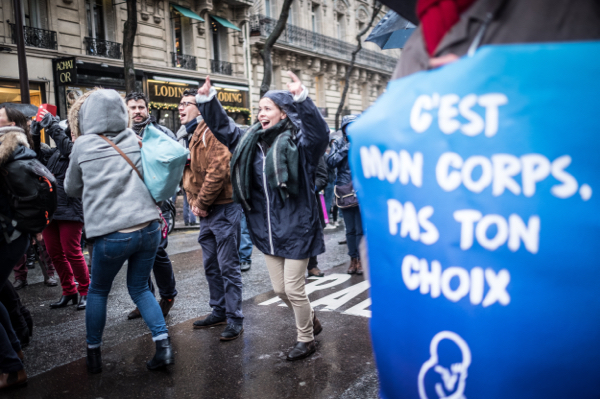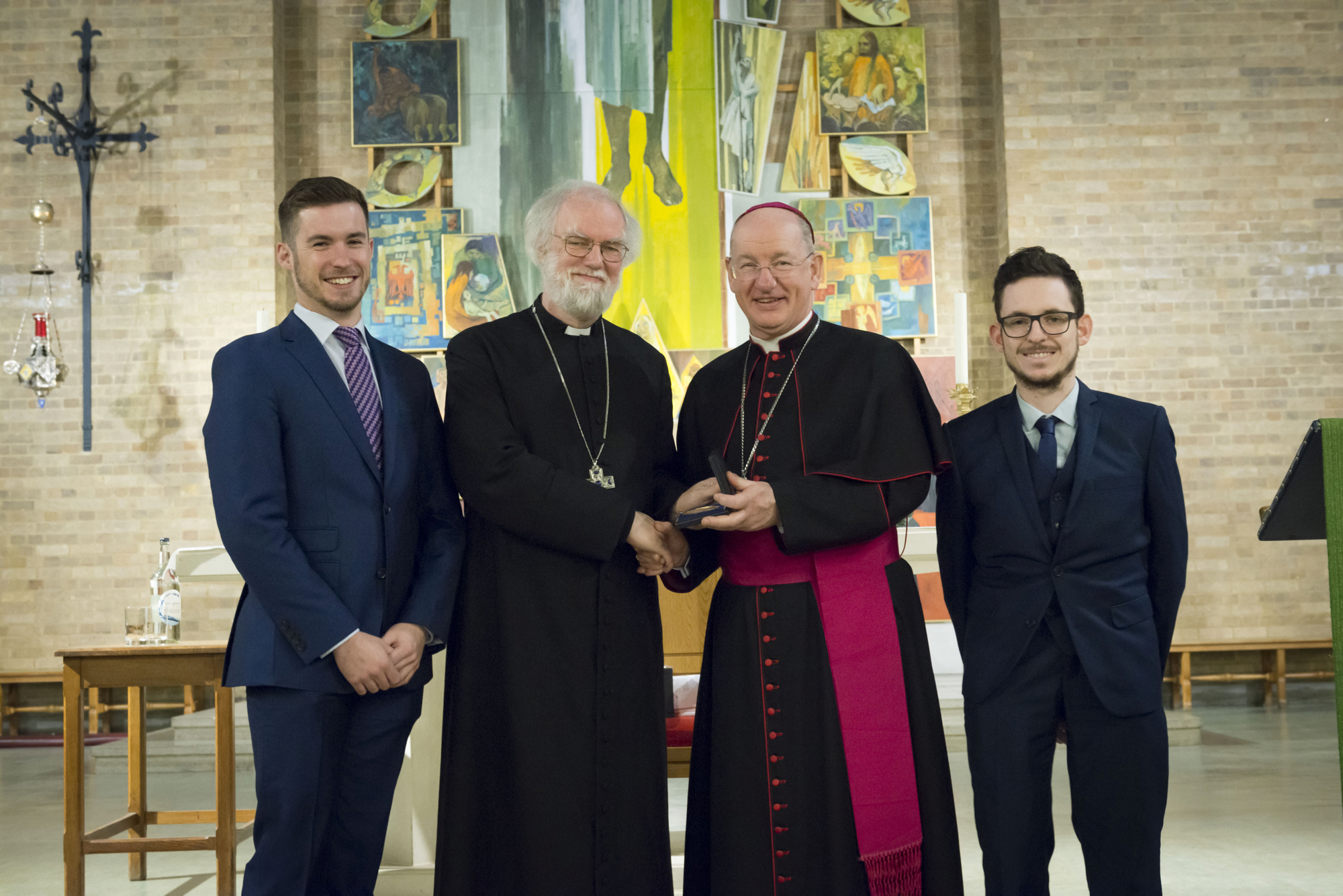The environmental crisis is a toxic expression of humanity’s failures which Pope Francis has challenged us to tackle, according to the former Archbishop of Canterbury, Lord (Rowan) Williams.
And according to the former archbishop, one of the gravest problems of this crisis is the way in which society is failing children, hampering their ability to grow in learning and understand beauty.
Lord Williams of Oystermouth was speaking on Monday night at St Mary’s University, Twickenham, where he gave an address on Pope Francis’ green encyclical, Laudato Si’.
He praised the encyclical for highlighting that the Christian understanding of “who is my neighbour?’’ should embrace the whole of creation and that humanity’s treatment of the environment is self-destructive.
“For the Christian, the doctrine of creation is a declaration that all that is comes from God”, said Lord Williams. “But as Pope Francis says, it is not enough to avoid environmental disaster, to love our neighbour and ourselves…we have to ask how do we live in such a way to receive from God”.
Lord Williams, now the Master of Magdalene College, Cambridge, reserved his staunchest criticism for contemporary approaches to education.
“Children need to know what beauty is and we need to think how this can be nurtured and developed in education. We have increasingly lost sight of education as a humanising task,” he said.
After the lecture during questions he was even more forthright about education, expressing dismay over the Government’s higher education white paper. It recommends that universities should be placed on a more commercial footing, and uncouples the link between teaching and research.
“We are in danger of trivialising higher education,” he said. “The higher education white paper was narrow- minded and a disgrace. Universities should be conversational communities”.
Lord Williams also used to his lecture to draw out a strong link between the theology of Benedict XVI and Pope Francis, highlighting the importance both attach to reason, in the sense of the importance of conversation and of learning together – something he urged was vital for universities to nurture.
After the lecture, St Mary’s chair of governors, Bishop Richard Moth, presented Lord Williams with the Benedict Medal, awarded by the university for outstanding contributions to faith and education.
PICTURE: (Left to right) Tim Rogers, Dr Rowan Williams, Bishop Richard Moth, Conal Baxter ©St Mary's University, Twickenham



 Loading ...
Loading ...